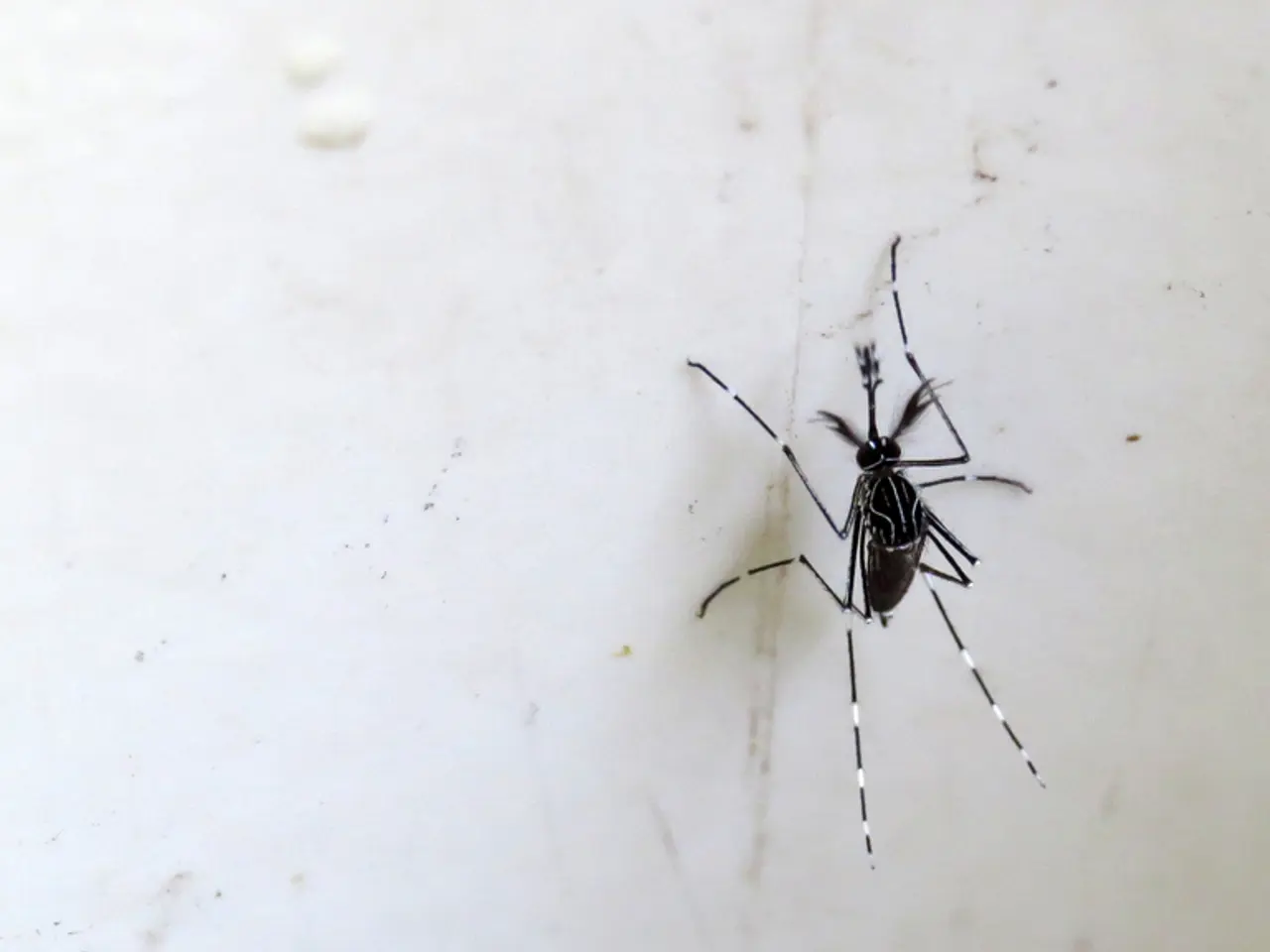Mosquitoes from the Asian tiger species are proliferating across North Rhine-Westphalia (NRW)
On the occasion of World Mosquito Day (August 20th), AOK Rhineland/Hamburg has issued a warning about the potential health risks from the Asian Tiger Mosquito. This small, adaptable biting midge, with a body size of three to eight millimeters and a distinctive black and white pattern, has been spreading to areas where it was not originally native, including North Rhine-Westphalia (NRW).
By early August, 102 cases of chikungunya fever, transmitted by the Tiger Mosquito, had been registered nationwide in Germany, twice as many as in the entire previous year. In NRW, there were 12 cases. The RKI considers the Asian Tiger Mosquito a potential transmitter of tropical viruses in Germany, including dengue and chikungunya fever.
The Asian Tiger Mosquito, originally from Southeast Asia, is currently under special observation in Germany. Anja Nacken, head of the sustainability department at AOK Rhineland/Hamburg, has stated that due to climate changes, so-called invasive biting mosquitoes are increasingly feeling at home in Germany. As average temperatures continue to rise, she predicts that the spread of new, previously non-native biting midge species will continue in the coming years.
The exact location of the current Asian Tiger Mosquito outbreak observations in NRW in 2025 is not specified in the available search results. However, populations of the Asian Tiger Mosquito have been known in the federal territory for several years, and since 2024, it has been reported in the southern part of NRW and the Bonn region.
In addition to the Asian Tiger Mosquito, three other invasive midge species have established themselves in Germany in recent years, suspected of transmitting diseases. These include the Japanese bush midge and the Korean bush midge. The Robert Koch Institute (RKI) provides information on the potential for infections to be acquired in Germany from these invasive mosquitoes.
Travelers should pay attention to flu-like symptoms after a trip, such as chills, severe headaches, and fever, and visit a doctor's office immediately if symptoms occur, especially after a stay in risk areas like Southeast Asia or Central and South America. The Asian Tiger Mosquito can transmit viral infections, and viruses that it could theoretically transmit would have to be brought in by infected returning travelers.
Observed midges are mapped at www.mueckenatlas.com, a project between the Leibniz Centre for Agricultural Landscape Research e.V. and the Friedrich-Loeffler-Institute, Federal Research Institute for Animal Health. This resource offers valuable information for tracking the spread of these invasive species.
"World Mosquito Day" (August 20th) is a occasion for AOK Rhineland/Hamburg to warn of potential health risks from tropical insects like the Asian Tiger Mosquito. As the number of cases continues to rise, it is crucial for the public to stay informed and take precautions to protect their health.








